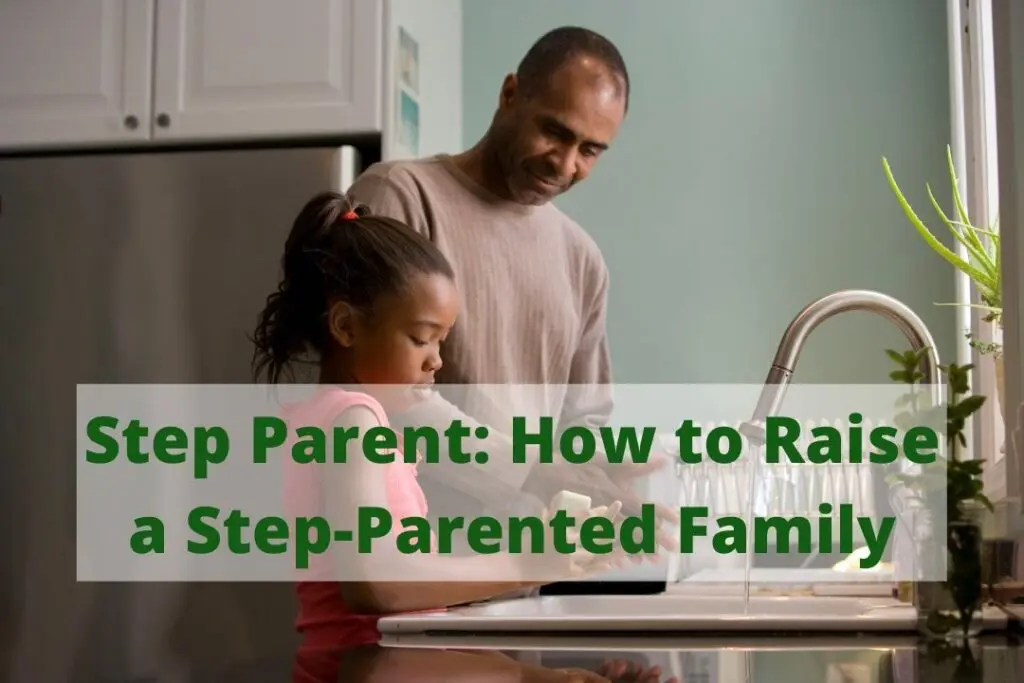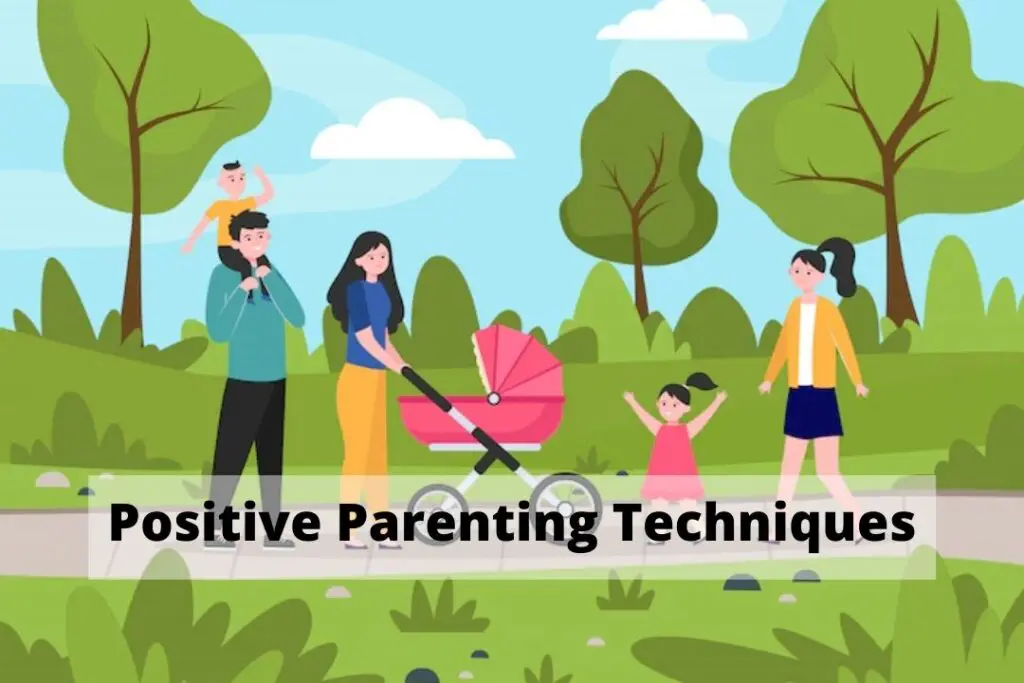Step-parent adoption is a legal process that allows a step-parent to adopt the child of their spouse or partner. This process can provide legal and emotional stability for the child, as well as create a stronger sense of family unity. In Texas, step-parent adoption is a common type of adoption, and it can be a relatively straightforward process if all of the legal requirements are met.
This complete guide will provide an overview of step-parent adoption in Texas, including the requirements, steps involved in the process, frequently asked questions, and the importance of hiring an experienced adoption attorney.
Read More: Step Parent Adoption Florida
When can a step parent adopt a child in Texas?
- A step-parent in Texas can adopt a child if the following conditions are met:
- The step-parent is legally married to the child’s biological parent.
- The child’s other biological parent has either given up their parental rights or had their rights terminated by a court.
- The step-parent and the child have lived together for at least six months before the adoption petition is filed.
- The adoption is in the best interest of the child.
Once these conditions are met, the step-parent can file a petition for adoption with the court. The biological parent who is not the spouse of the step-parent must be notified of the petition and given an opportunity to object to the adoption.
If the court determines that the adoption is in the best interest of the child, it will issue a final order granting the adoption, and the step-parent will become the legal parent of the child.
Read More: How To Become A Foster Parent?
Requirements for Step-Parent Adoption in Texas
Before a step-parent can adopt their spouse or partner’s child in Texas, certain legal requirements must be met. These requirements include:
Consent of Biological Parent:
The biological parent who is not the spouse of the step-parent must consent to the adoption. If the biological parent refuses to consent, the court may terminate their parental rights if it is in the best interest of the child.
Termination of Parental Rights:
If the biological parent does not consent to the adoption, their parental rights may terminate by the court. Termination of parental rights can also occur if the biological parent has abandoned the child or has had their parental rights terminated by a court in another proceeding.
Home Study:
The court will require a home study to evaluate the home environment and determine if the adoption is in the best interest of the child. This includes an assessment of the step-parent’s ability to provide for the child’s physical, emotional, and mental needs.
Criminal Background Check:
The step-parent must undergo a criminal background check to ensure they do not have a criminal record that would pose a risk to the child.
Counseling:
The child and biological parent must undergo counseling to discuss the implications of the adoption and ensure that it is in the child’s best interest.
Other Requirements:
The court may require additional documentation or steps, such as providing proof of income, completing a parenting class, or obtaining consent from the child if they are over the age of 12.
It is important to note that each case is unique, and additional requirements may apply depending on the specific circumstances of the adoption. An experienced adoption attorney can help navigate these requirements and ensure that all necessary steps taken.
Steps Involved in Step-Parent Adoption in Texas
The step-parent adoption process in Texas involves several steps. The following is an overview of the general process:
Filing a Petition:
The first step in the step-parent adoption process is to file a petition with the court. The petition will include information about the parties involved, the child to be adopted, and the reasons why the adoption is in the child’s best interest.
Serving Notice:
The biological parent who is not the spouse of the step-parent must be served with a copy of the petition and a notice of the court hearing. The notice will inform the biological parent of their right to contest the adoption and their obligation to attend the court hearing.
Read More: How To Raise In Step Family
Court Hearing:
The court will hold a hearing to determine whether the adoption is in the best interest of the child. The step-parent, biological parent, and child may be required to testify and provide evidence to support their position. The court will consider the home study report, criminal background check, and any other relevant information when making its decision.
Final Order:
If the court determines that the adoption is in the best interest of the child, it will issue a final order granting the adoption. The final order terminates the parental rights of the biological parent who did not consent to the adoption and establishes the step-parent as the legal parent of the child.
It is important to note that the step-parent adoption process may take several months to complete, and it can be complex and emotionally challenging. An experienced adoption attorney can help guide you through the process and ensure that your rights and the best interests of the child are protected.
Can my husband adopt my child without biological father’s consent?
If the biological father of your child has not had their parental rights terminated by a court, they must consent to the adoption before your husband can adopt your child. In Texas, a biological father’s consent generally required unless their parental rights have been terminated due to abandonment, neglect, abuse, or other factors.
However, there may be some exceptions to this requirement. For example, if the biological father has not had any contact with the child for a significant amount of time, or if they are not paying child support, the court may terminate their parental rights and allow the adoption to proceed without their consent. It is important to consult with an experienced adoption attorney to discuss your specific situation and determine the best course of action.
Can I adopt my stepchild without father’s consent in Texas?
No, in Texas, you cannot adopt your stepchild without the biological father’s consent, unless the father’s rights have been terminated by a court. If the biological father is still alive and his parental rights have not been terminated, he must consent to the adoption or have his rights terminated by a court before the step-parent adoption can proceed.
Moreover, In cases where the biological father cannot be located or his whereabouts are unknown, the court may terminate his rights after conducting a diligent search. It is important to consult with an experienced adoption attorney to discuss your specific situation and determine the best course of action.
Frequently Asked Questions About Step-Parent Adoption in Texas
Who Can File for Step-Parent Adoption in Texas?
Any adult who married to the biological parent of a child may file for step-parent adoption in Texas. Unmarried partners may also be eligible to file for step-parent adoption if they can demonstrate a significant parent-child relationship with the child.
How Long Does the Step-Parent Adoption Process Take?
The step-parent adoption process can vary in length depending on the specific circumstances of the case. On average, the process can take several months to complete.
How Much Does Step-Parent Adoption Cost in Texas?
The cost of step-parent adoption in Texas can vary depending on several factors, including attorney fees, court costs, and any required counseling or home study fees. The total cost may range from a few thousand dollars to tens of thousands of dollars.
Can a Biological Parent Object to Step-Parent Adoption?
Yes, a biological parent who does not consent to the adoption can object to the adoption in court. The court will consider the objections and determine whether the adoption is in the best interest of the child.
What Happens After Step-Parent Adoption is Granted?
After the step-parent adoption granted, the step-parent becomes the legal parent of the child, and the biological parent who did not consent to the adoption no longer has any parental rights or obligations. Furthermore, the child’s birth certificate will update to reflect the new parentage, and the child will have the same legal rights as if they were born to the step-parent.
It is important to note that each step-parent adoption case is unique, and there may be additional questions and concerns that arise during the process. An experienced adoption attorney can provide guidance and support throughout the process and help ensure a successful outcome.
Conclusion
In conclusion, Step-parent adoption can be a rewarding experience that provides stability and a sense of family unity for both the child and the adoptive parent.
However, it is a complex legal process that requires careful consideration and planning. Understanding the requirements and steps involved in the process is crucial for a successful outcome.
Moreover, hiring an experienced adoption attorney can help ensure that all legal requirements are met and that the best interests of the child are protected. In short, If you are considering step-parent adoption in Texas, it is important to seek the guidance of a qualified attorney to help you navigate the process and achieve a positive outcome for your family.




